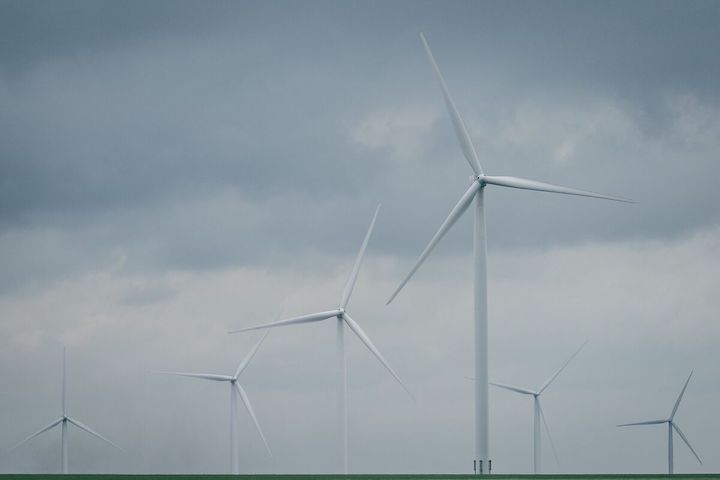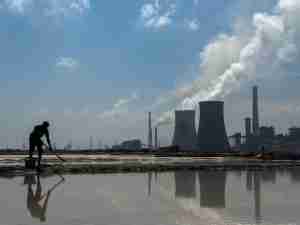The European Union ramped up pressure on Chinese clean-tech investments potentially squeezing out its local suppliers amid EU efforts to transform the bloc into a green economy.
The EU’s competition chief Margrethe Vestager is set to announce an early-stage probe of Chinese involvement in wind parks in Spain, Greece, France, Romania and Bulgaria, according to prepared remarks for a speech in the US on Tuesday.
While the EU’s step is a preliminary one, it has powers to issue fines, order the suspension of tenders, or even block state takeovers of firms if it eventually unearths evidence of unfair subsidies given by the Chinese state.
“China is for us simultaneously a partner, an economic competitor, and a systemic rival,” according to Vestager’s draft speech. “And the last two dimensions are increasingly converging.”
The EU’s latest examination into Chinese investments on the bloc follows announcement of a full-blown probe into bids by Chinese firms for a Romanian solar park, and a Chinese company recently abandoned a a €610 million ($663 million) Bulgarian railway tender after an EU investigation got underway.

In its green push, the EU wants to cut dependence on imports of clean technologies and boost resilience. The 27-nation bloc, which already lost out to China in solar panels manufacturing, has pledged to bolster its wind energy industry and monitor possible unfair trade practices that benefit foreign manufacturers.
Wind energy is set to play a crucial role in meeting Europe’s overarching goal of zeroing out greenhouse gases by the middle of the century. The bloc already has a binding target to cut emissions by at least 55% by 2030 compared with 1990 levels and earlier this year started a debate about setting an intermediate goal to reduce pollution by 90% by 2040.
The EU exported wind turbines worth $1.98 billion to the the rest of the world in 2023, according to Eurostat data. Imports from China were worth €160 million.
“We saw the playbook for how China came to dominate the solar panel industry,” Vestager said in her draft.
She said the result is that “nowadays, less than 3% of the solar panels installed in the EU are produced in Europe. We see this playbook now deployed across all clean tech areas, legacy semiconductors, and beyond — as China doubles down on a supply side support strategy, to address its economic downturn.”
The European Commission “aims at sending a wakeup call about the consequences of China’s industrial overcapacity for Europe’s competitiveness,” said Agathe Demarais, senior policy fellow at the European Council on Foreign Relations. “Such fears are particularly acute in the clean tech sector, which represents a key battleground in the conflict between China and western countries for economic dominance.”
Politico reported earlier on the content of Vestager’s draft speech.


_-_28de80_-_939128c573a41e7660e286f3686f2a6e25686350_yes.jpg)





